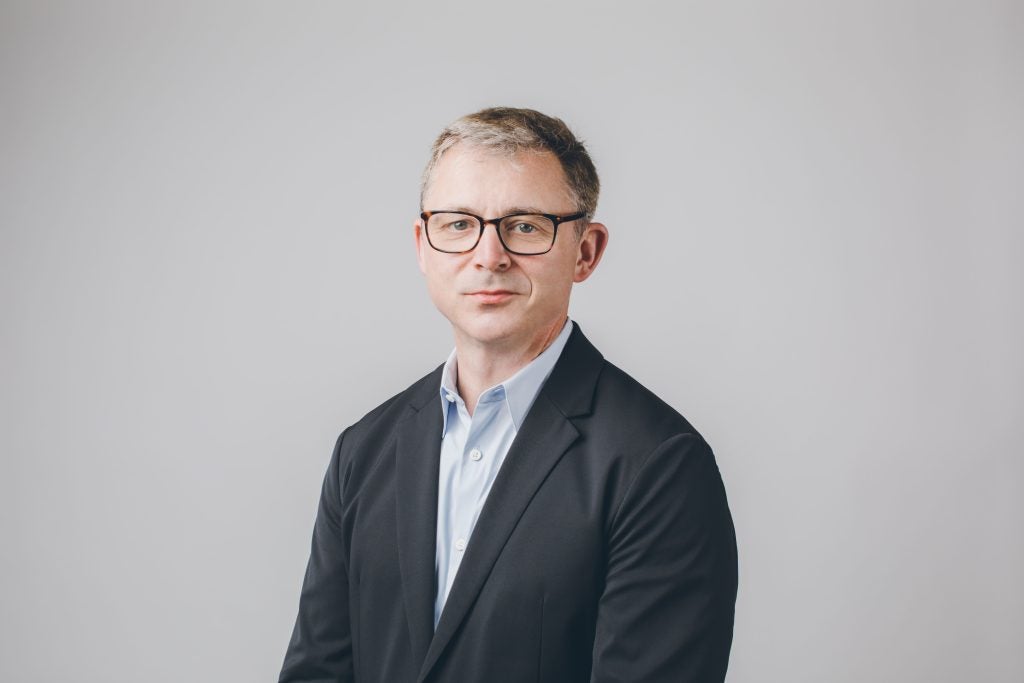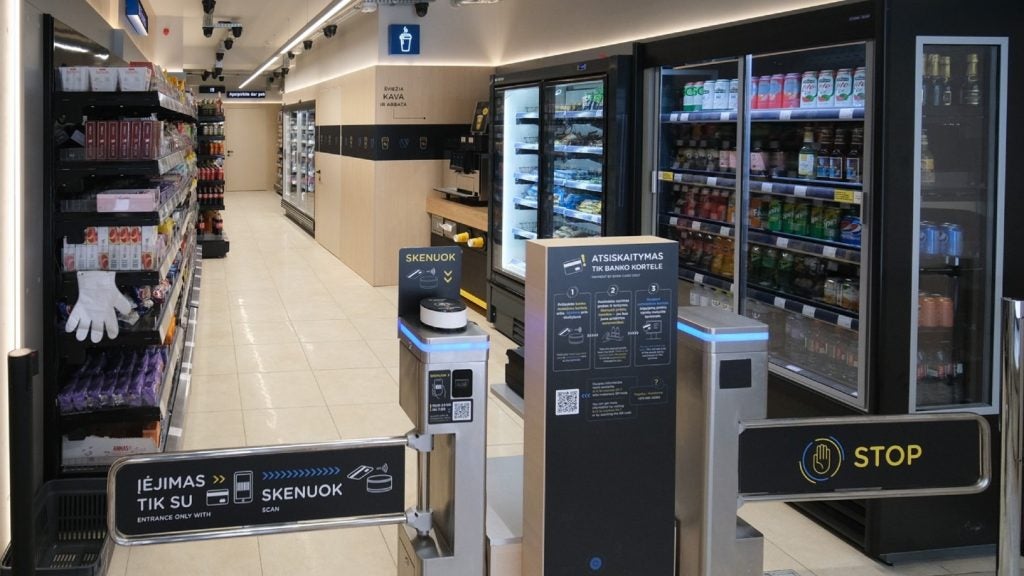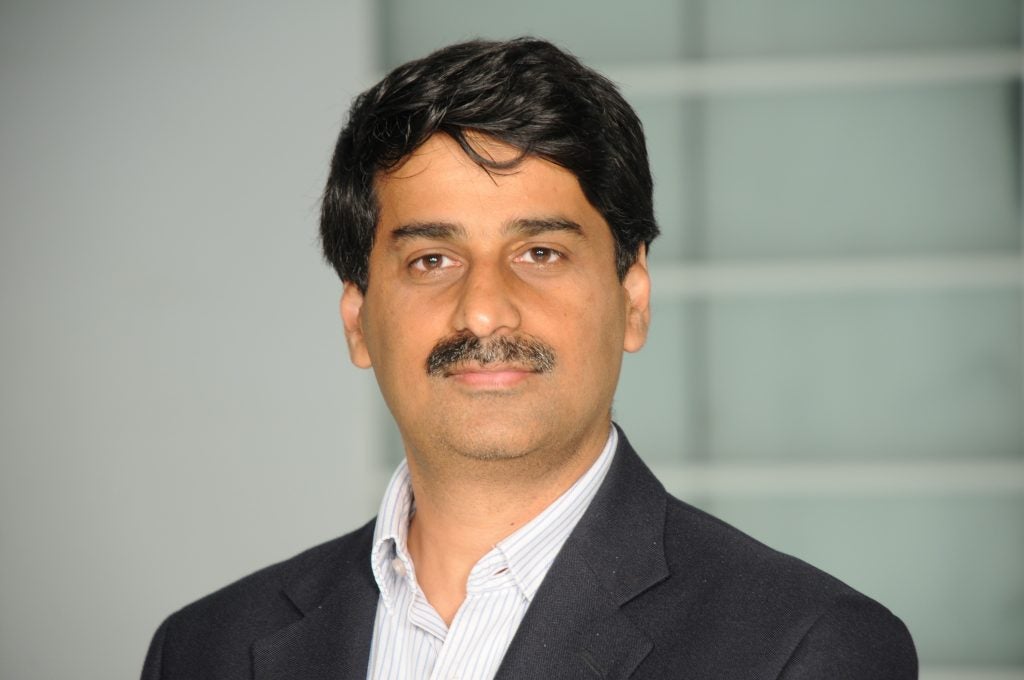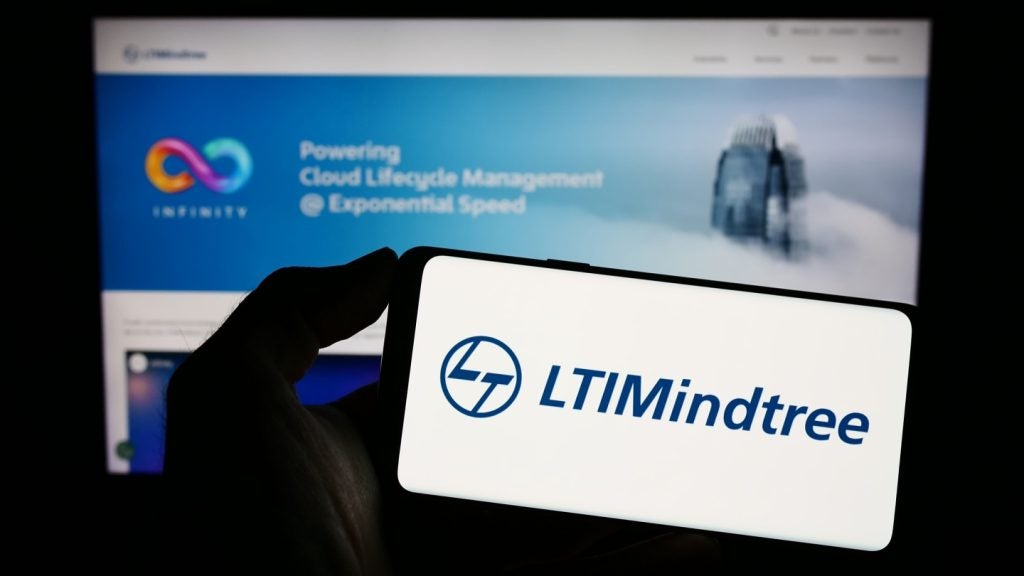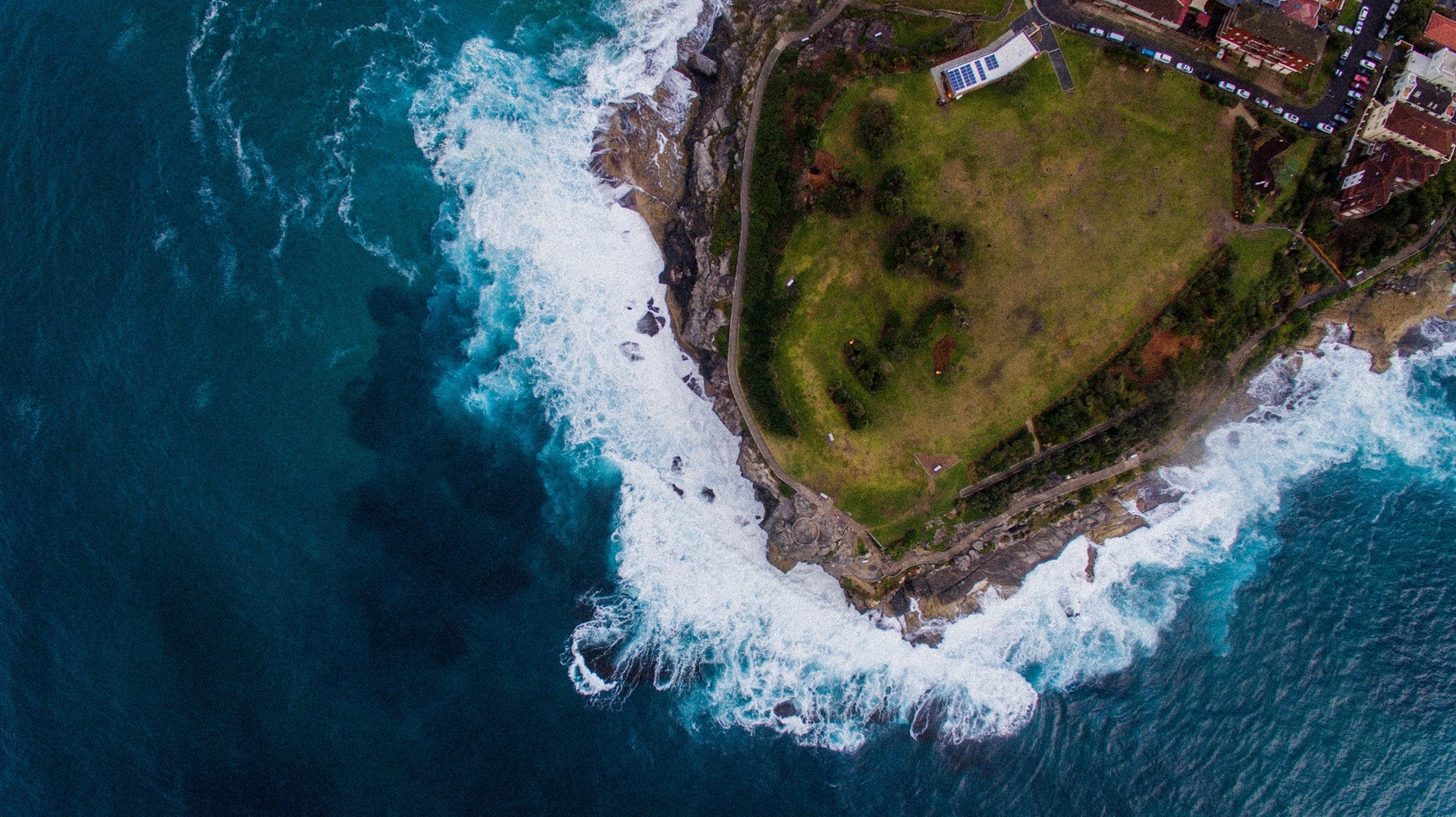
Alex Rahin is the chief product & technology officer at Cervest, a startup that uses artificial intelligence to predict the risks and effects of climate volatility.
The insights created from Cervest’s Earth Science AI can then be used to help businesses protect their assets from climate events, such as extreme heat, fire, flood or drought. In 2019, Cervest raised £3.8m in a pre-Series A funding round.
Rahin has over 25 years’ experience working with technology companies such as Just Eat, Microsoft and Amazon. In this Q&A, the 22nd in our weekly series, Rahin shares the core values he lives by, describes what it’s like joining a company during a pandemic, and explains why we should worry about an overreliance on technology.
Rob Scammell: Tell us a bit about yourself – how did you end up in your current role?
Alex Rahin: I’m a scientist and engineer by trade. Before joining Cervest in March, I served as CPTO at Beamly, and as chief data officer at Just Eat.
Outside of my career, I’ve always enjoyed being outside and have developed a real love for nature, in particular mountains.
There are not many opportunities where you find a role that matches both the personal and professional trajectory you are on. Cervest is the perfect combination of two of my passions – the opportunity to work on such exciting technology whilst working towards the collective goal of protecting the planet.
How well do you really know your competitors?
Access the most comprehensive Company Profiles on the market, powered by GlobalData. Save hours of research. Gain competitive edge.

Thank you!
Your download email will arrive shortly
Not ready to buy yet? Download a free sample
We are confident about the unique quality of our Company Profiles. However, we want you to make the most beneficial decision for your business, so we offer a free sample that you can download by submitting the below form
By GlobalDataWhat’s the most important thing happening in your field at the moment?
At Cervest, we are building Earth Science AI. This involves providing personalised data-led insights that help organisations and their value chain predict and manage the short and long term effects of the changing climate.
Climate risk is at a crossroads where a fundamental behavioural shift is needed to ensure that all organisations are held accountable for their contribution towards climate change, yet its inclusion on the agenda of major corporations and organisations is near non-existent. We’re continually working towards the visualisation of this information through innovation.
Across the industry, in my opinion, the most important thing happening is the accelerating pace of innovation in machine learning – especially deep learning – enabled by advances in algorithms, increasing availability of data and easy access to computing power at decreasing prices. Fundamentally, this increase in availability allows for the constant innovation needed to build solutions to some of mankind’s toughest challenges.
Which emerging technology do you think holds the most promise once it matures?
First and foremost, AI applied to use cases in climate security. As businesses continue to see more emphasis being placed on environmental targets, the potential use of innovative technology in predicting, solving and actioning these risks is huge. This is an emerging area of AI where we now have the critical mass of data, algorithms, computation and market demand. This has long been a view of mine, especially with my love of the environment, so having the opportunity to work at Cervest at this particular point in time is very exciting for me.
Another area that comes to mind is the applications of AI across the healthcare industry. The nature of the Covid-19 pandemic means the potential of this area has been highlighted, and developments in medicine, biology, genetics, drug discovery all have a part to play in overcoming this virus and others.
Moving away from the developments of AI, the area of 3D printing is also very exciting to watch with implications for manufacturing and construction industries, as well as a potential roll-out in the consumer industry in the near future.
How do you separate hype from disruptor?
The emergence of a wealth of high-functioning startups across Europe, unfortunately, means that it’s getting hard to differentiate the real disruptors from the hype. At Cervest, we have always focused on the research and science behind building our solution. There are no shortcuts on this journey, and we are at a happy medium where the research we do in the initial stages of our continued climate analysis informs the platform itself with the end goal to create a system that enables interconnected climate and land risk analysis to drive better decisions.
From a more holistic point of view, it is fundamental to dive deep into what’s different about an emerging product or solution. From there, you can explore whether it’s better than what already exists and by how much. Of course, there are exterior factors to this such as its dependencies, underlying economics, broader macro-level implications and resistance.
What’s the best bit of advice you’ve been given?
I like to live by the advice to be motivated, driven and passionate for your work, and surround yourself with individuals who have this same motivation, drive and passion. If you stick to these core principles, then you will find that every other echelon of your work will fall into place. Important parts of the modern workplace such as collaboration and team development become a lot easier when you remember those core values.

Where did your interest in tech come from?
I have been in love with maths and science for as long as I can remember. Early in my studies I became inspired with using science to ‘build things’, which is in a sense a definition of technology. Then I made a transition from maths and physics to electrical engineering and computer science, which I studied at UC Berkeley.
What does a typical day look like for you?
My typical day at Cervest has been atypical since day one. I joined the Cervest team since the government enforced lockdown and therefore have been working and onboarding remotely. Whilst I’m keen to get into the office and integrate with the team in a more traditional sense, the fact that we are able to work so efficiently and effectively shows what an incredible team I’ve joined. Some of the challenges you have as a leader of an organisation has been validated by the fact that I haven’t been in the office, but then these are opportunities for learning, especially since it is likely we will be working remotely for a good while yet.
Typically, I try to hold one-to-one meetings with members of my team every day, whether that be about planning, strategy execution or decision making. Adapting to this new way of working has led me to find that some of the processes we may take for granted in the office are now critical to day-to-day processes. Being able to chat through feedback and performance in-person is part of what makes workplaces special, and being able to maintain this remotely requires discipline and understanding.
We’re fundraising for our Series A, arguably the most critical funding round in a startup’s life and we’re not only doing it remotely, but during a time of unprecedented change. This is a big focus for the team and in turn means that no one day is the same.
What do you do to relax?
Typically, I enjoy sports. I do a lot of mountaineering, climbing, cycling. Physical activity is a big pillar for me. Music is also a huge part of my life. When I moved to UC Berkeley from France, I took one suitcase packed with CDs.
I also practice meditation, and I can’t say enough about its importance both professionally and personally.
Who is your tech hero?
My tech heroes are scientists of the past. Galileo, Isaac Newton and Michael Faraday for example. I have drawn inspiration from their work, but also their life. Faraday had to fight for everything he’s earned, and his life was in no way easy. I can take inspiration from that.
The progress they made set the path for where we are today and is part of the reason that I am so pleased to be working with a team that is pioneering a whole industry and for such an important cause.
What’s the biggest technological challenge facing humanity?
In some cases, there is an overreliance on technology. Technology is a tool but the root of the problem is political and economical. Technology can be a catalyst for telling us where to make these changes, but without humans acting on these decisions we have no way of actioning this.
Read more: CTO Talk: Q&A with Dynatrace’s Bernd Greifeneder



